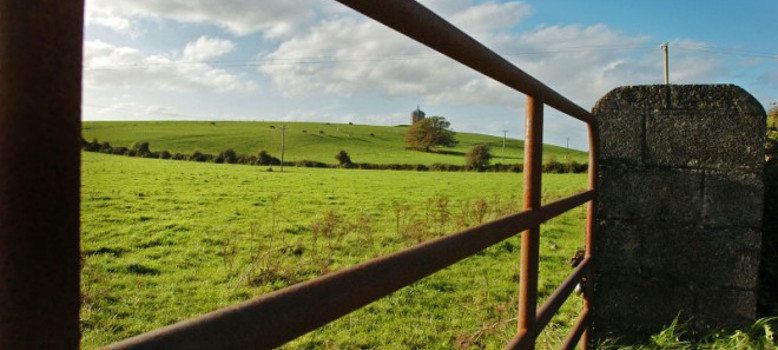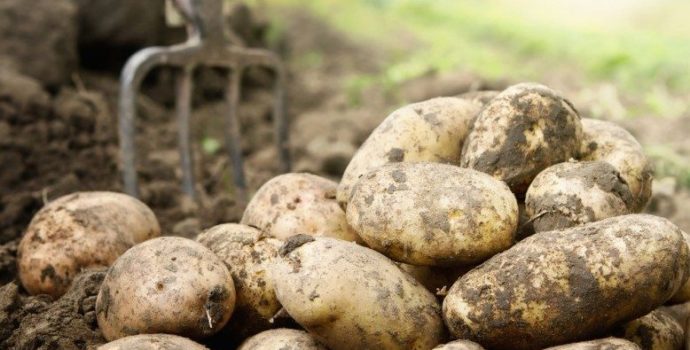Strong Income Support and Greater Policy Certainty Critical for Irish Farmers at Irish and Eu Level – IFA

Irish farmers need strong measures to support farm income and to provide greater policy certainty at both Irish and EU level, IFA Farm Business Chairman, Martin Stapleton, has said.
Mr Stapleton was speaking at a meeting of North Cork IFA, at which Minister for Agriculture Michael Creed and the MEPs for Ireland South, Sean Kelly, Deirdre Clune and Liadh Ni Riada were also participants.
He said “The upcoming Budget provides an opportunity for Government to increase funding for the farm schemes, including GLAS, ANCs, TAMS, Beef Data and Genomics and the new sheep scheme. This will directly impact on farm income and output.
“On the taxation side, there is a clear need to strengthen and individualise income volatility measures for farm businesses. IFA has proposed the adjustment of income averaging to allow a farmer on averaging, in a year when income falls significantly, to pay the tax due for a single year only. The deferred tax would then be carried forward and paid over a three year period. This flexibility could assist greatly with cashflow pressures. In addition, to maximise the number of farmers using income averaging, the current restrictions on eligibility where the farmer’s spouse is in self-employment must be removed”.
IFA has also targeted the equalisation of the Earned Income Tax Credit with the PAYE credit in this October’s budget, the continuation of Farm Restructuring Relief, the extension of the land leasing tax exemption to siblings, in restricted circumstances, and incentives to encourage investment in energy efficient and renewable energy infrastructure.
Martin Stapleton also stated that the Government must now deliver on its commitment to remove the discrimination against farm and other small businesses in the Fair Deal scheme. IFA is clear that there must be a reduced charge on the farm assets, based upon the principle of 90% Agriculture Relief, which would more accurately reflect the ability to pay.
Post-Brexit policy
Mr Stapleton also highlighted the major risks to Irish agriculture arising from the UK decision to leave the EU. He said, “As an immediate response, the Government must have as a key Budget priority the maintenance of cost competitiveness of Irish exporters. This includes introducing a temporary reduction in the lower rate of Employers’ PRSI and no increase in excise rates on agricultural diesel or road fuels”.
He continued, “In the medium term, both our Government and EU representatives must ensure that the minimisation of barriers to trade between the UK and EU are a priority in the negotiations.
“In addition, certainty around the CAP budget up until 2020 must be provided early in discussions, while a strong CAP budget post 2020 must be a key target. As a net contributor to the EU budget, it is not just in farmers’ best interests that there is a strong CAP budget post 2020; it is now clearly in Ireland’s overall strategic interest”
Concluding, Mr Stapleton highlighted the differences in borrowing costs for Irish farmers and their EU counterparts. He said, “Irish farmers facing interest rates an average of 2% higher than their EU counterparts are at a significant competitive disadvantage. Urgent action must be taken to reduce and eliminate this gap. Increasing competition in the banking sector is a priority and the Government must deliver alternative sources of lower cost long and short term funding for farm and food and drink enterprises”.




